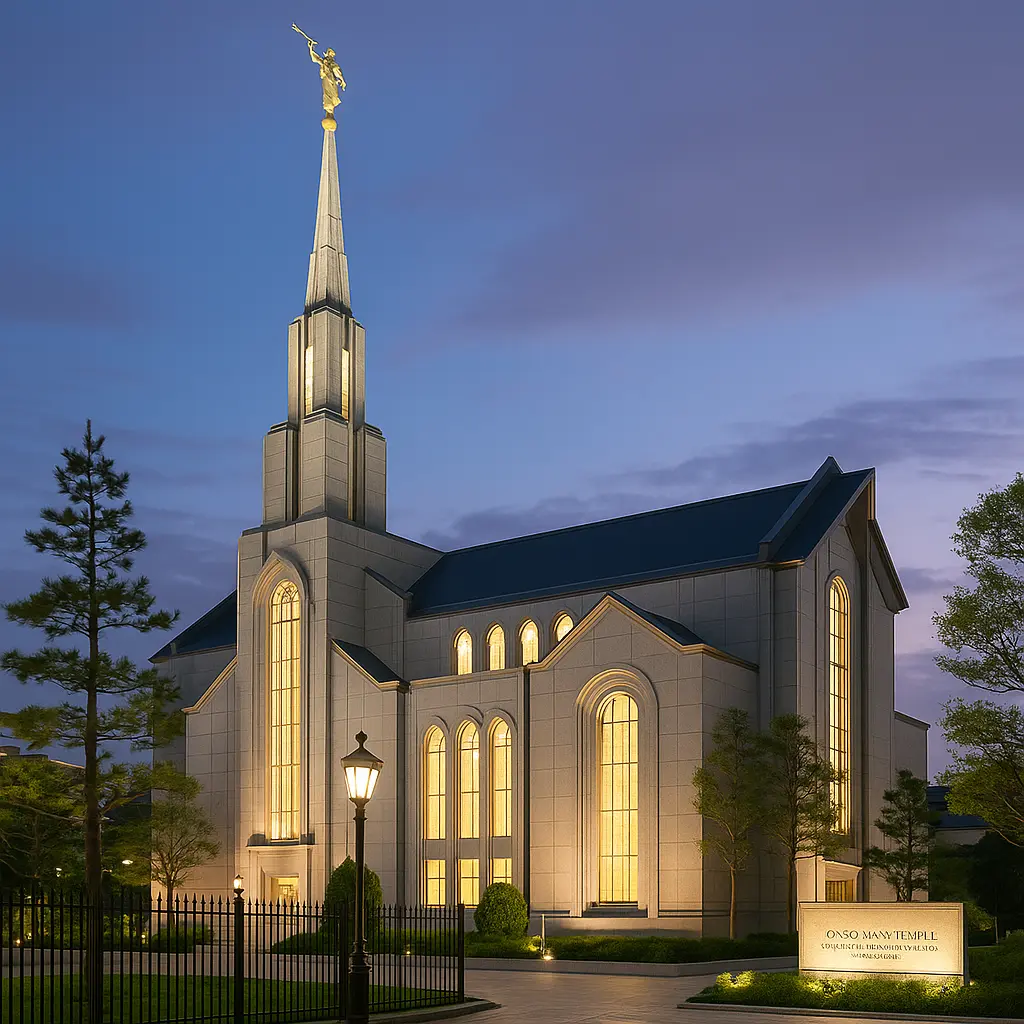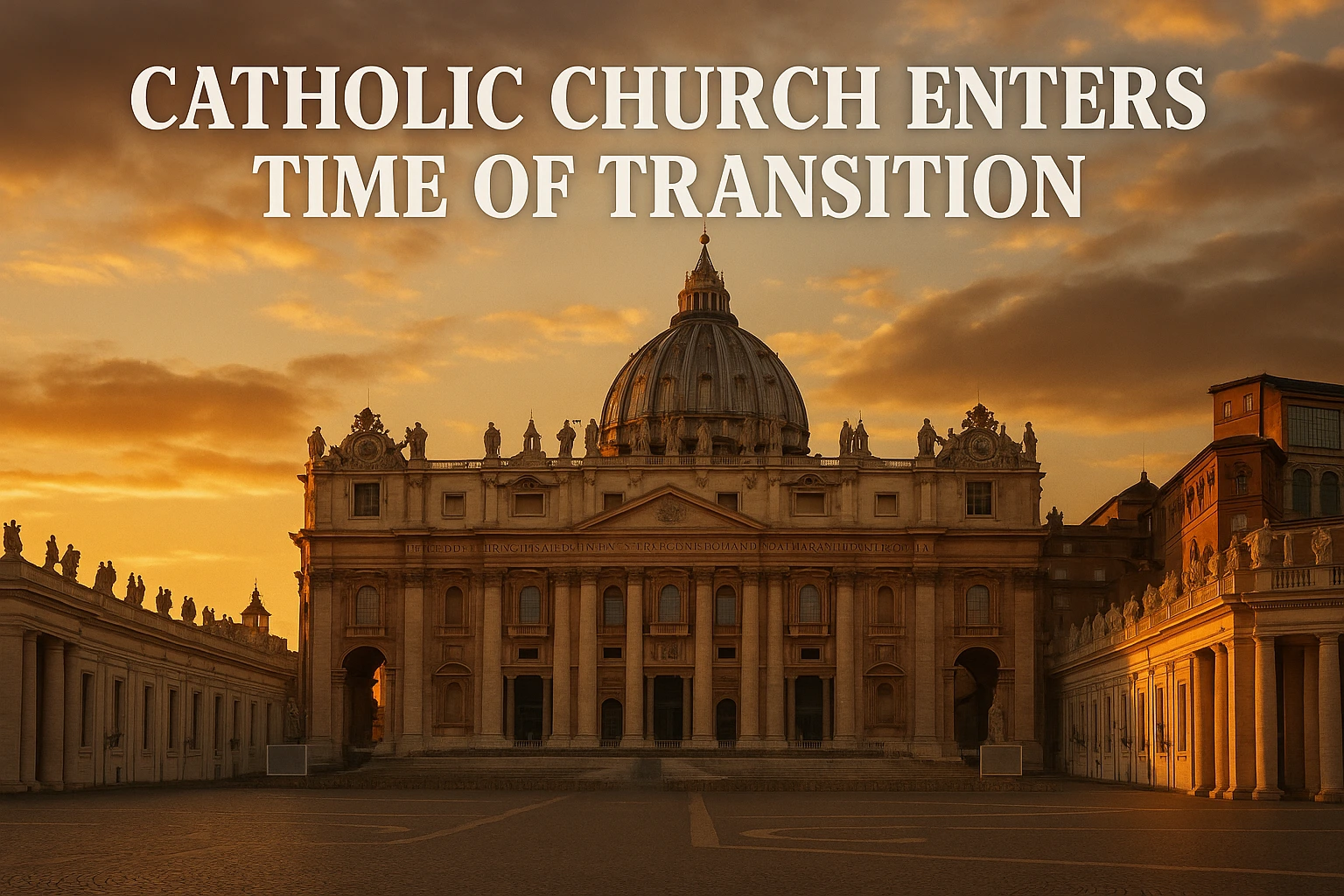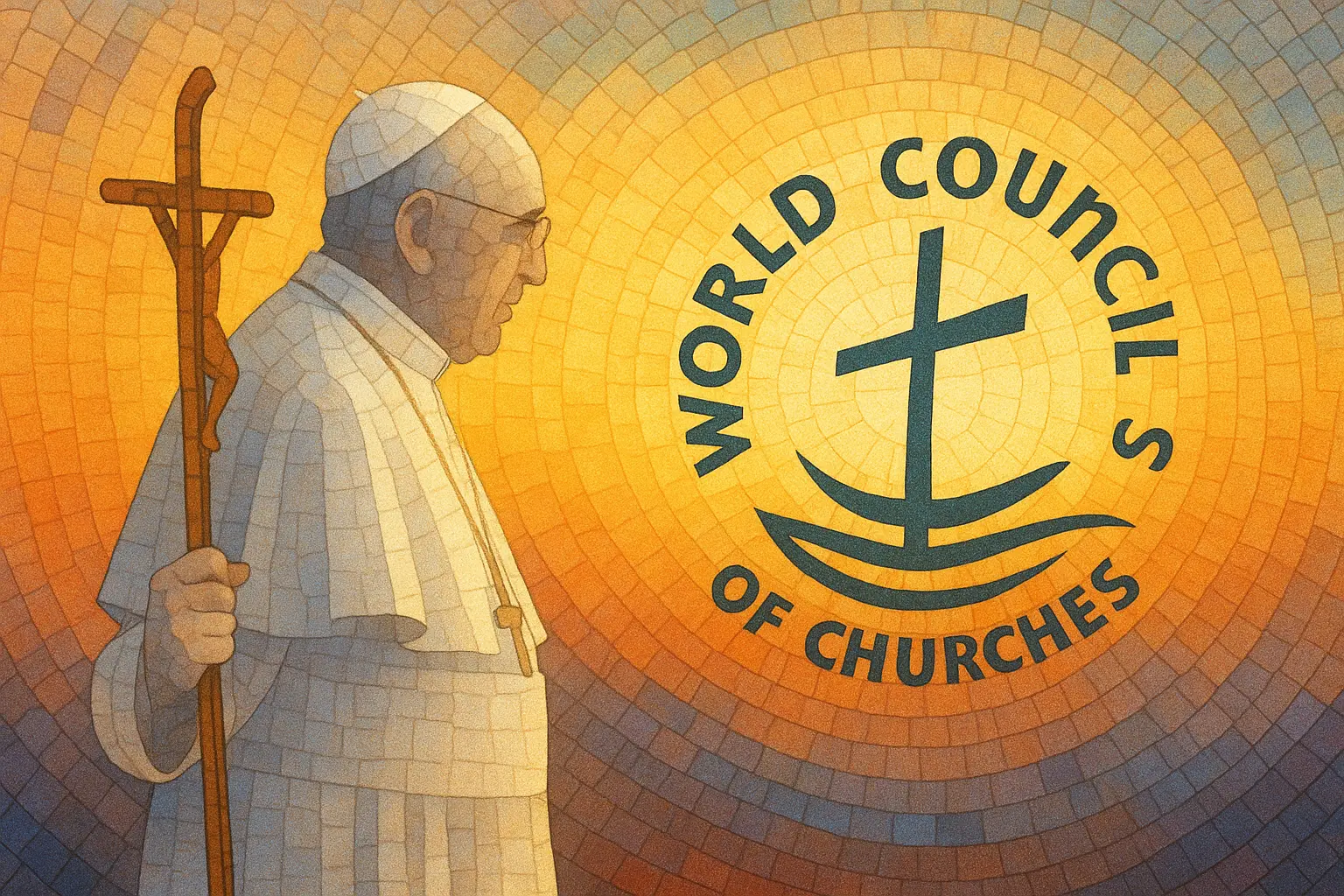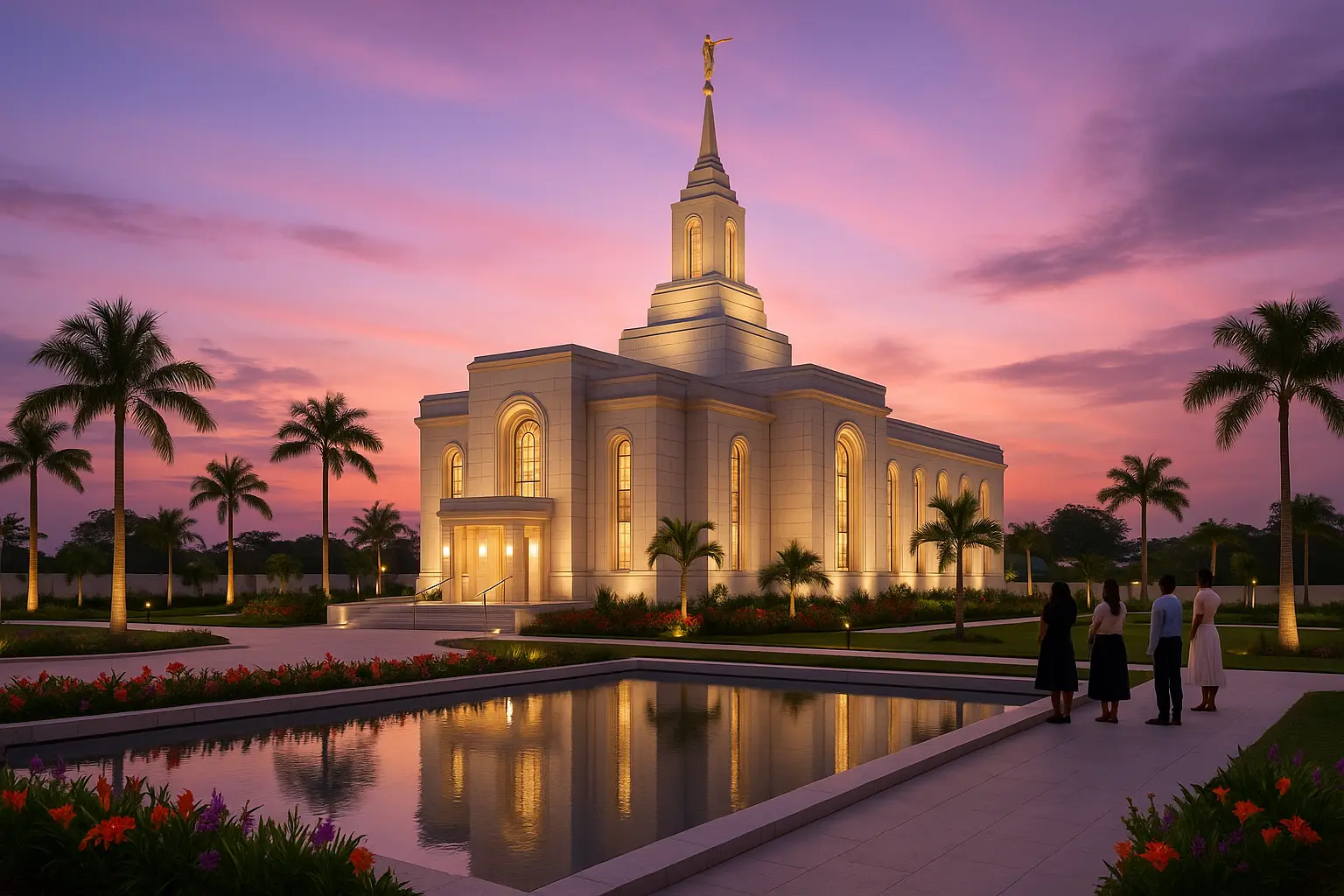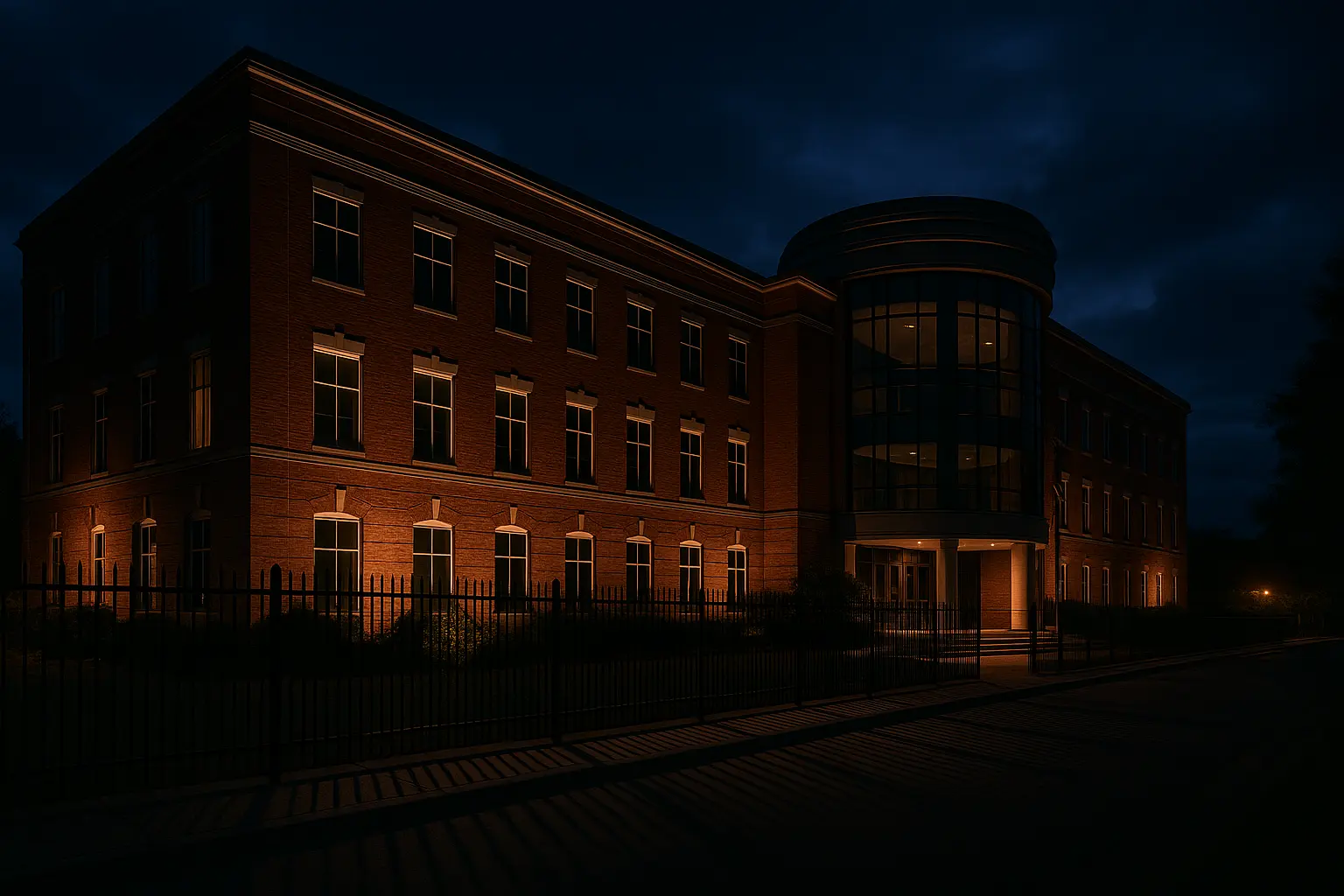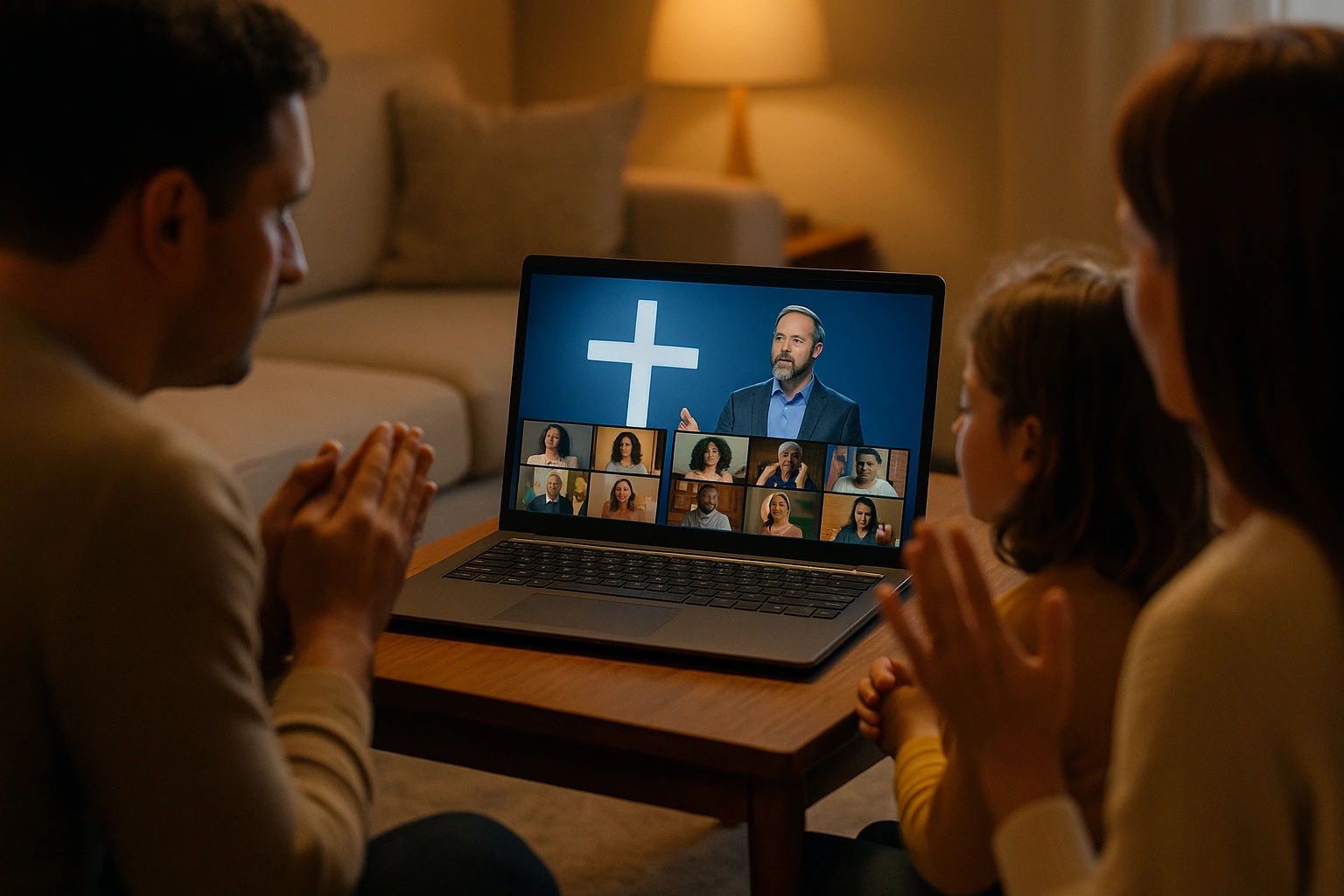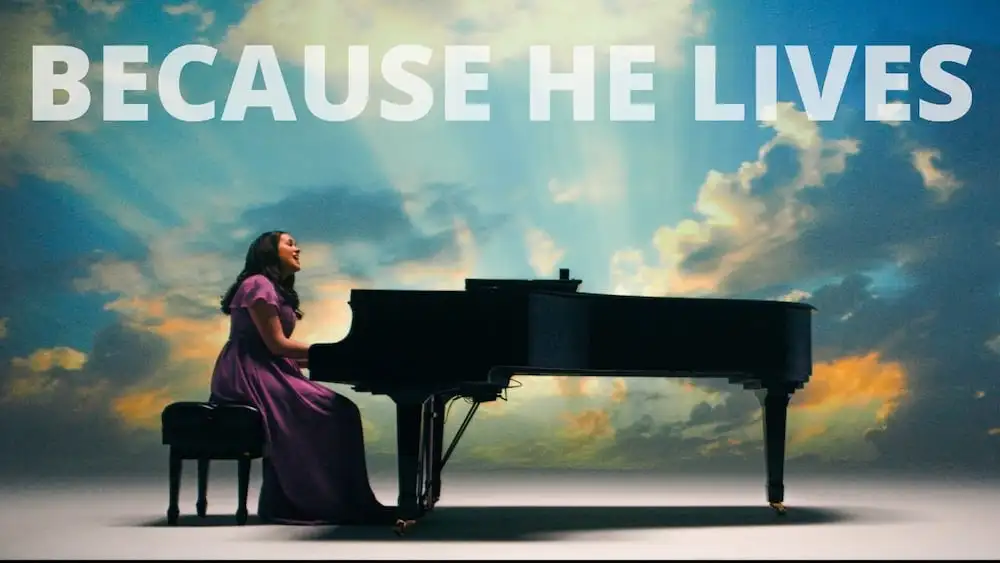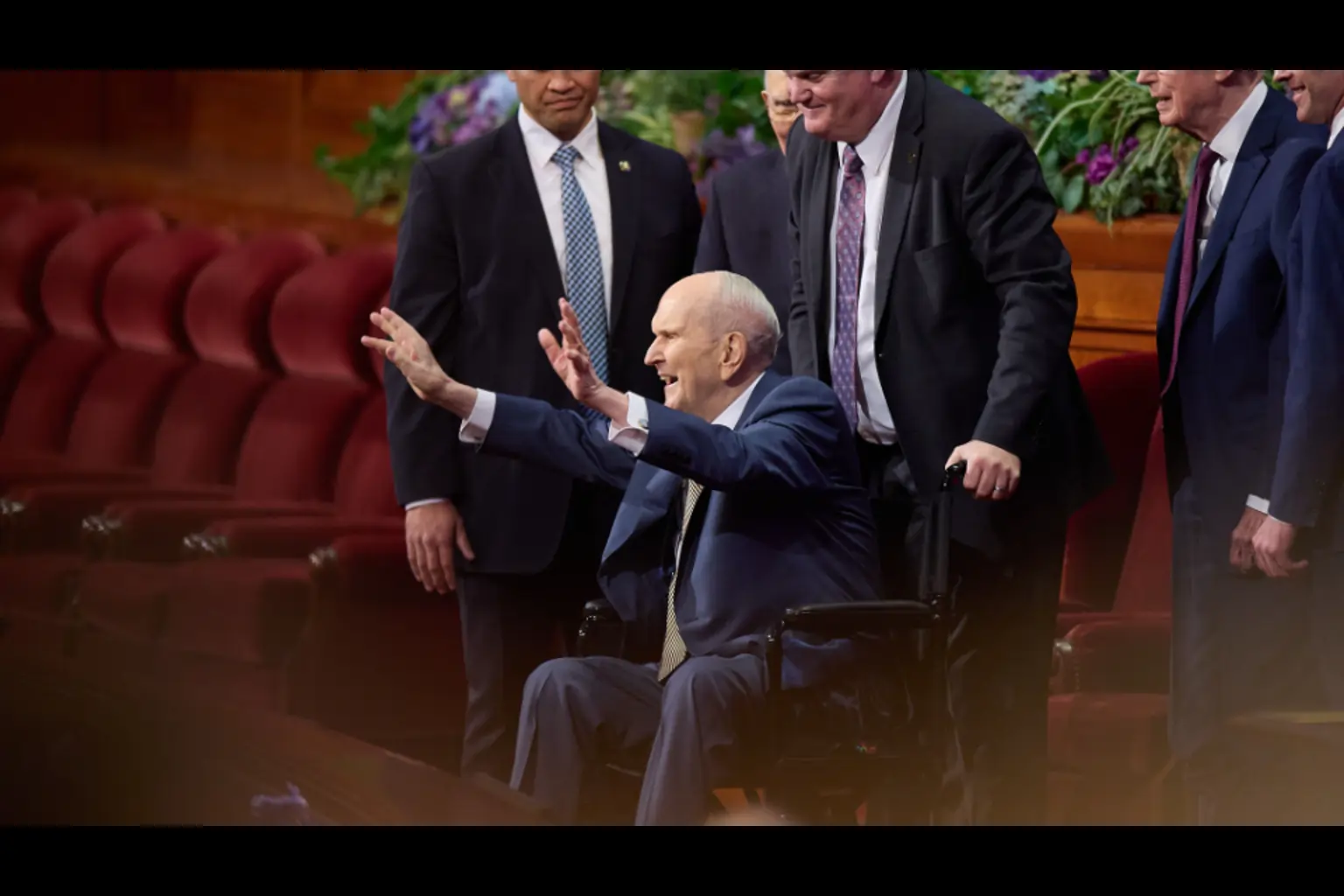World Council of Churches Mourns Pope Francis
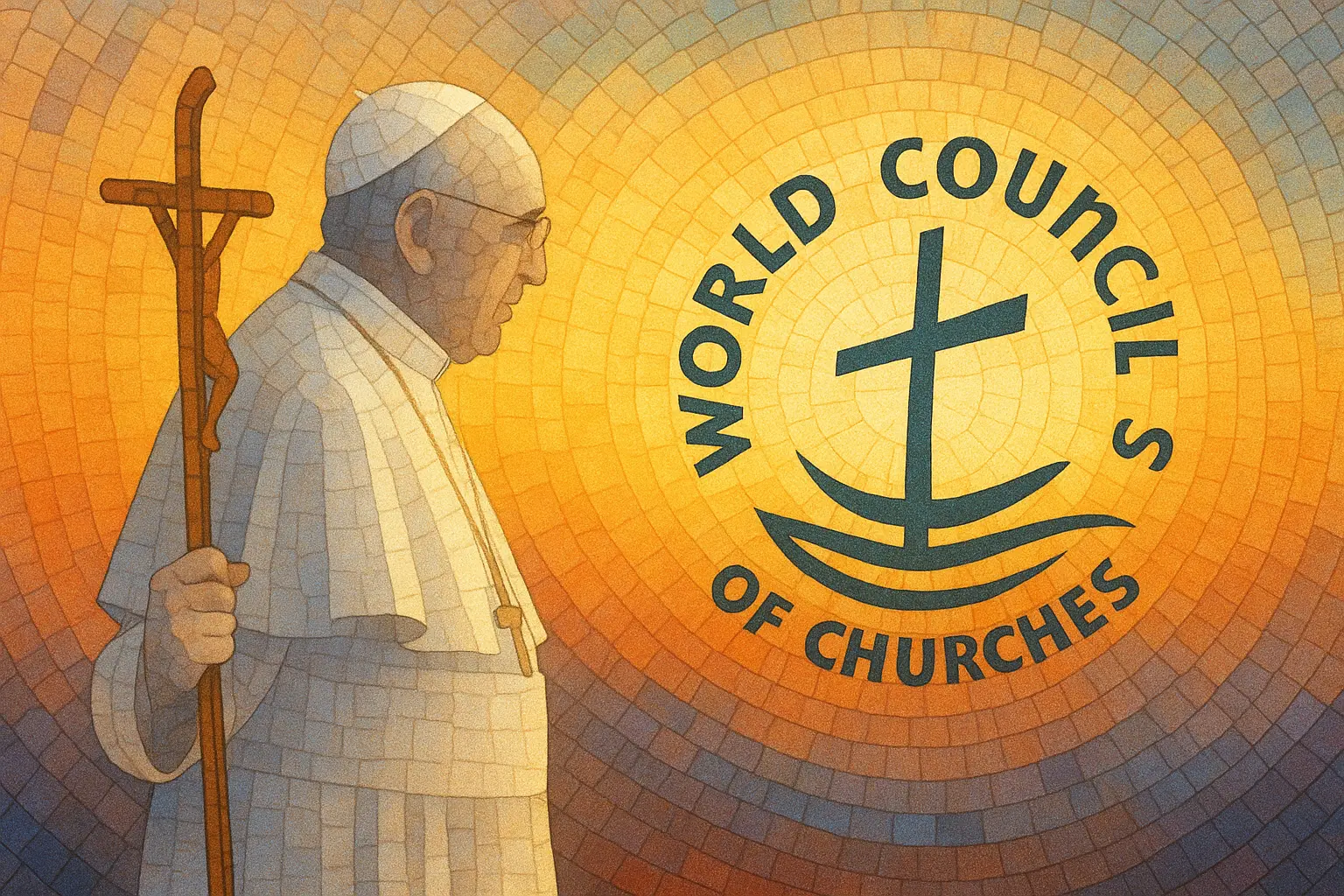
Table of Contents
1. Pope Francis Passes Away on Easter Monday
Shortly after presiding over Easter Sunday liturgies, Pope Francis died at 8:40 a.m. Rome time on Monday, April 21, 2025. The 88-year-old pontiff had battled chronic respiratory issues in the weeks leading up to Holy Week but was determined to deliver his annual Urbi et Orbi blessing. His passing occurred during a year when all Christians celebrated Easter on the same day—an ecumenical milestone he championed for more than a decade.
The Vatican confirmed that Francis received the anointing of the sick and died “peacefully, holding a wooden rosary.” Within minutes the bells of St. Peter’s Basilica tolled 88 times, setting in motion nine days of official mourning known as the novemdiales.
2. WCC’s Official Statement of Mourning
In a joint pastoral letter issued hours after the news broke, WCC General Secretary Rev. Prof. Dr Jerry Pillay and Central Committee Moderator Bishop Prof. Dr Heinrich Bedford-Strohm called Francis an “extraordinary shepherd of the people of God” whose “witness to the Gospel and tireless advocacy for the marginalized left an indelible mark on the global Christian community.” The letter framed his death through the lens of resurrection hope: “On this holiest of days, when we celebrate the triumph of life over death, the earthly journey of a faithful servant of God came to its close and his eternal rest began.”
They urged the WCC’s 352 member churches to offer prayers of thanksgiving and recommit to the “Pilgrimage of Justice, Reconciliation, and Unity” that Francis embraced so enthusiastically.
3. A Prophetic Voice: Francis’s Ecumenical Legacy
Pope Francis will be remembered as one of the most ecumenically engaged popes of the modern era. Key pillars of his legacy include:
- Deep Commitment to Christian Unity
His 2018 visit to the WCC headquarters in Geneva—only the third papal visit in the WCC’s history—was a watershed moment symbolizing “walking, praying, and working together.” - Synodality as a Model for Dialogue
By promoting a “listening Church,” Francis offered a framework that resonated across denominations, encouraging wider participation in decision-making. - Advocacy for the Marginalized
From migrants on Lampedusa to victims of human trafficking, his actions embodied a church “of the poor and for the poor.” - Climate & Creation Care
His encyclical Laudato Si’ galvanized faith-based climate activism and fostered unprecedented collaboration between WCC climate programs and Vatican dicasteries. - Common Easter Date
Francis persistently lobbied for a unified celebration of Easter—a dream partially realized in 2025, making his final Easter historically poignant.
4. Global Tributes from the WCC Fellowship
The WCC curated condolences from its diverse membership:
- Ecumenical Patriarch Bartholomew: Called Francis “a precious brother in Christ” and “a true friend of Orthodoxy.”
- World Communion of Reformed Churches: Praised his “witness to God’s inclusive love and ecological justice.”
- Anglican Communion: Highlighted his “remarkable leadership” and commitment to reconciliation.
- World Methodist Council: Remembered his openness in healing past suspicions between Catholics and Methodists.
- Regional Councils from Asia, Africa & the Americas: Echoed themes of humility, bridge-building, and courageous truth-telling.
Social media platforms lit up with the hashtag #FrancisLegacy, trending globally for 48 hours as believers posted stories of personal encounters and transformative teachings.
5. Funeral Highlights & WCC Presence in Rome
The state funeral drew 120 heads of state and government, alongside leaders of every major Christian tradition. WCC leaders Rev. Pillay and Bishop Bedford-Strohm sat in the front clergy section on Saturday, April 26, 2025, underscoring the deep bond forged during Francis’s papacy.
In an unprecedented gesture, Ecumenical Patriarch Bartholomew and Archbishop Justin Welby (Anglican Communion) read Scripture passages during the Mass—an honor historically reserved for Catholic cardinals. The liturgy’s prayers of the faithful included petitions for “justice, reconciliation, and unity,” echoing the WCC’s pilgrimage motif.
6. What’s Next for Christian Unity?
With the College of Cardinals now preparing for the next conclave, ecumenists are asking how Francis’s successor will build on his foundation. Analysts predict that the WCC – Vatican partnership on climate justice and migration will continue regardless of who dons the white cassock next. Yet challenges remain:
- Common Easter Date: Will momentum stall without Francis’s personal push?
- Synodality Across Traditions: Can other communions adopt similar consultative models without doctrinal deadlock?
- Youth Engagement: How will churches translate Francis’s social-justice vision into concrete action for Gen Z believers?
The WCC’s next Assembly in Seoul (2028) will likely serve as a barometer of post-Francis ecumenical energy.
7. Key Takeaways
• Pope Francis’s passing on Easter Monday adds powerful symbolism to his unity campaign.
• The WCC hails him as a prophetic partner whose advocacy for the poor, migrants, and Earth reshaped global Christianity.
• Future unity efforts hinge on sustaining the collaboration he nurtured—especially around climate justice and a common Easter date.
